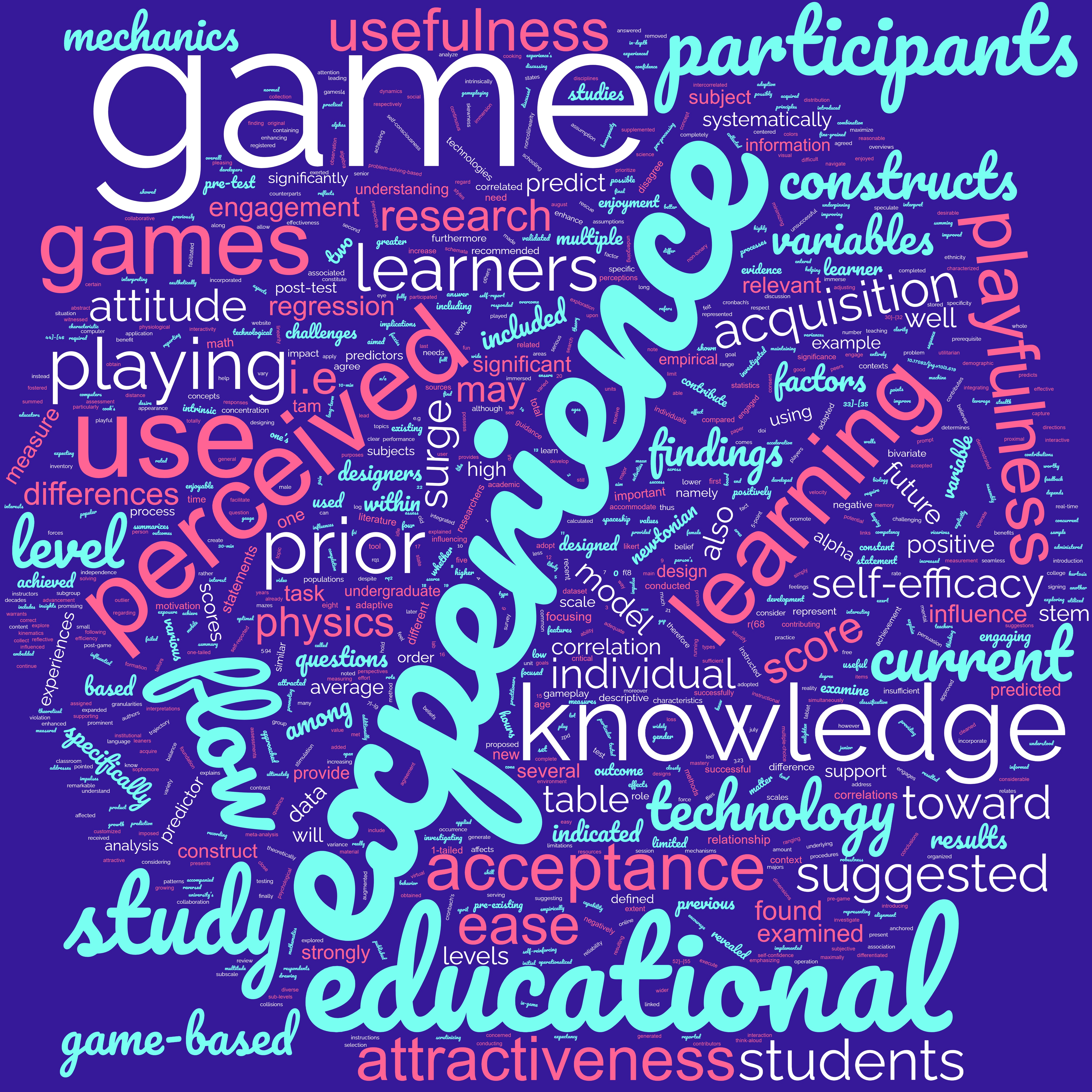Predictors of Flow Experience and Knowledge Acquisition in a STEM Game
DOI:
https://doi.org/10.17083/ijsg.v10i3.619Keywords:
educational game, technology acceptance, knowledge acquisition, flow experience, prior knowledge, Self-efficacyAbstract
Prior work systematically investigating the factors contributing to flow experience and learning in educational games is scarce. The relationship between learners’ acceptance of the game and individual difference variables relevant to game-based learning and learners’ flow experience and learning still needs to be systematically explored. To address the gap in knowledge, the study aimed to systematically examine whether variables of technology acceptance and individual differences relevant to game-based learning may predict flow experience and knowledge acquisition in an educational game. A total of 69 undergraduate students participated in the current study. Results indicated students’ flow experience was predicted by some constructs of technology acceptance, namely, perceived playfulness and perceived attractiveness of the game. Five constructs of technology acceptance of the game, however, did not significantly predict learners’ knowledge acquisition, although the correlation between perceived playfulness and knowledge acquisition from the game approached significance. Prior knowledge was found to be a negative predictor of knowledge acquisition from the game, that is, those with insufficient prior knowledge achieved greater knowledge acquisition from the game. Findings were discussed, and suggestions for future research were provided.

Downloads
Published
Issue
Section
License
Copyright (c) 2023 Jiahui Wang

This work is licensed under a Creative Commons Attribution-NonCommercial-NoDerivatives 4.0 International License.
IJSG copyright information is provided here.